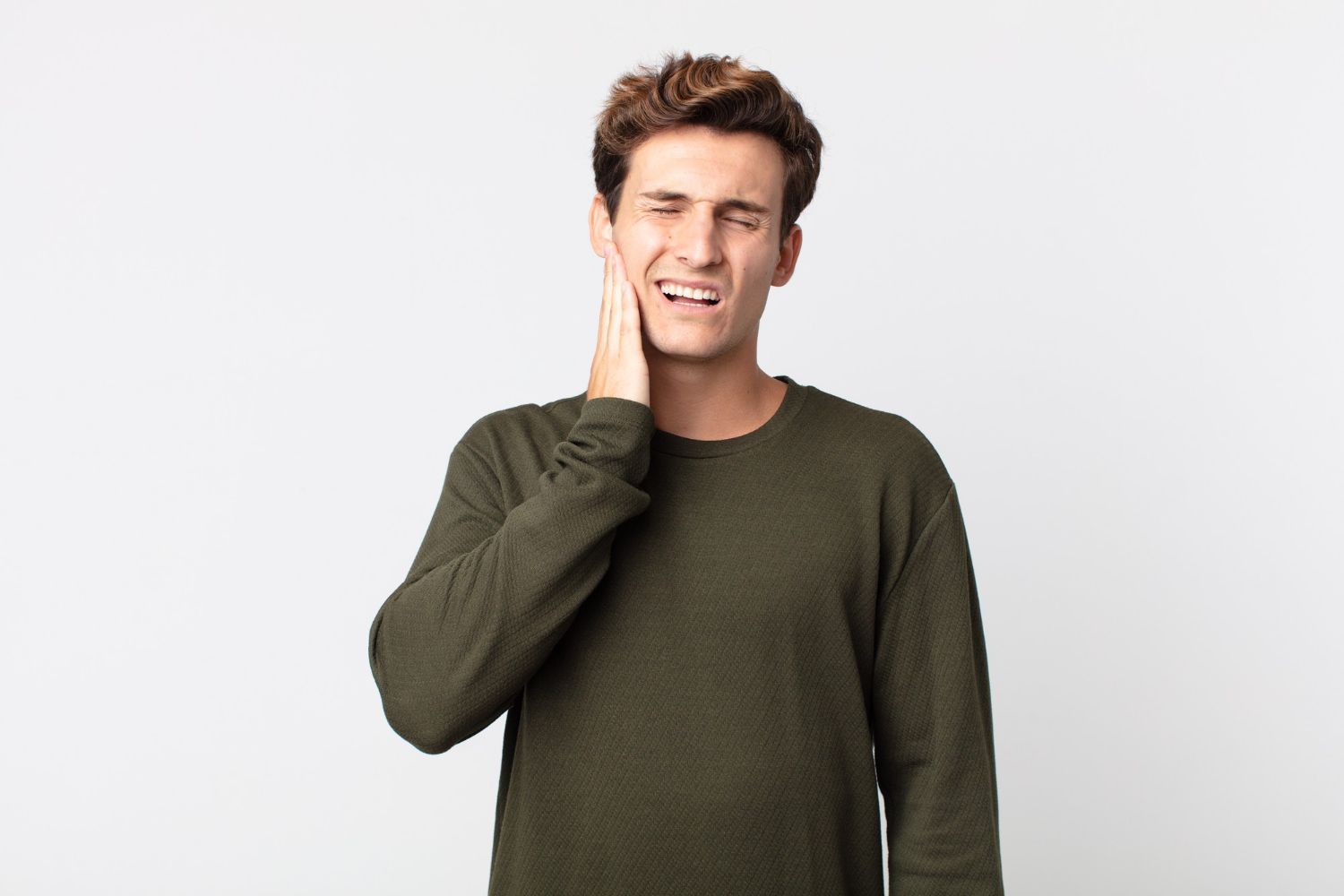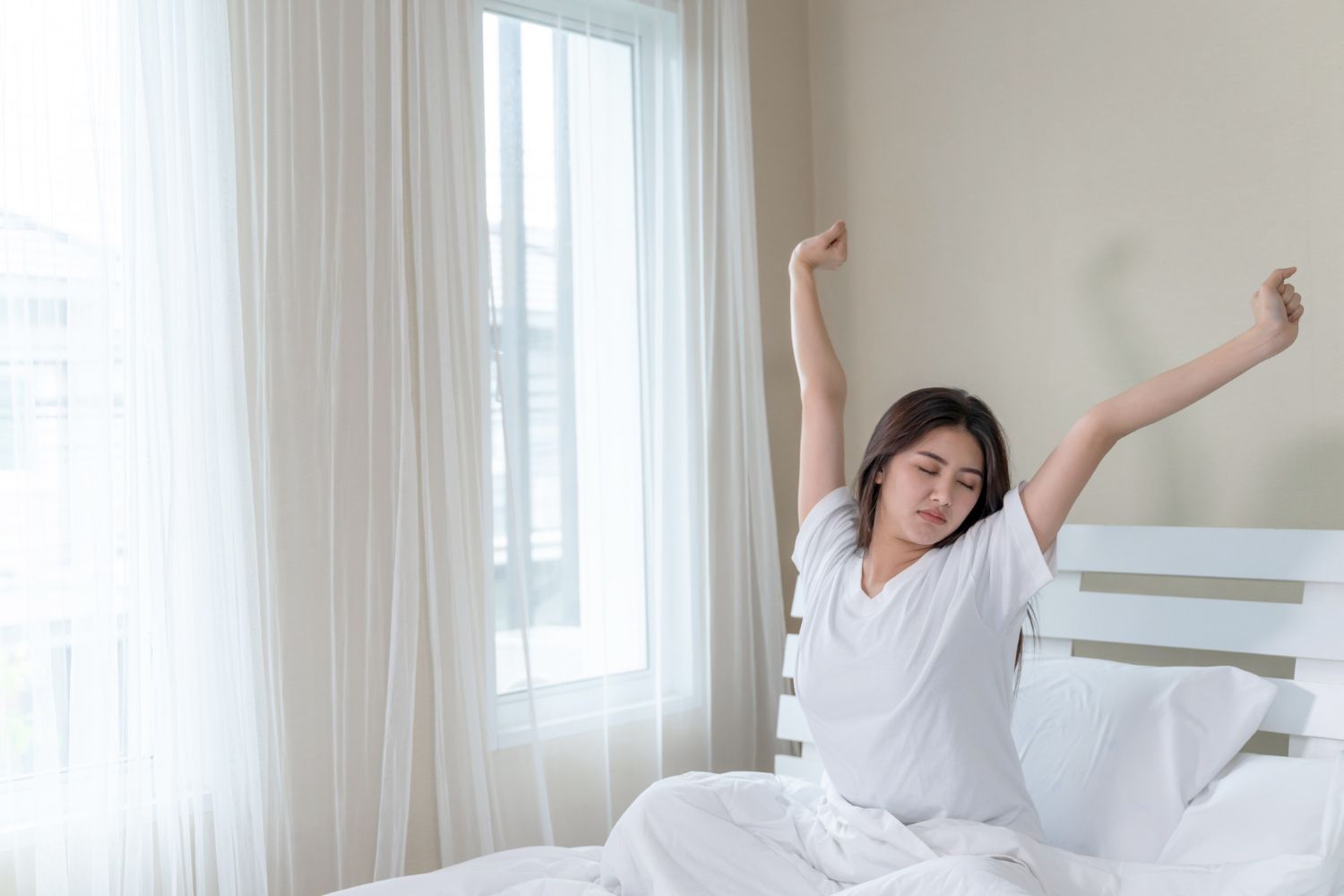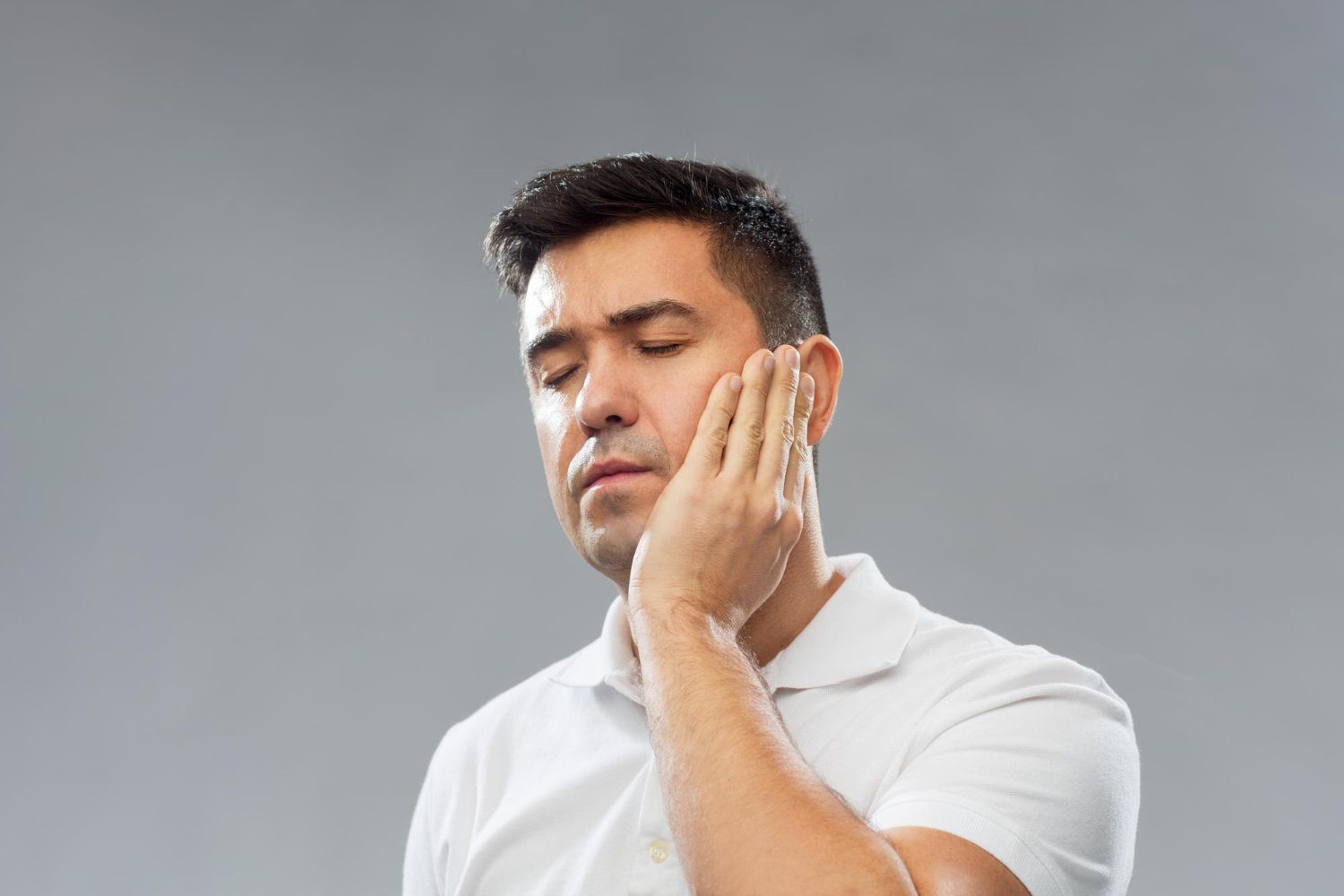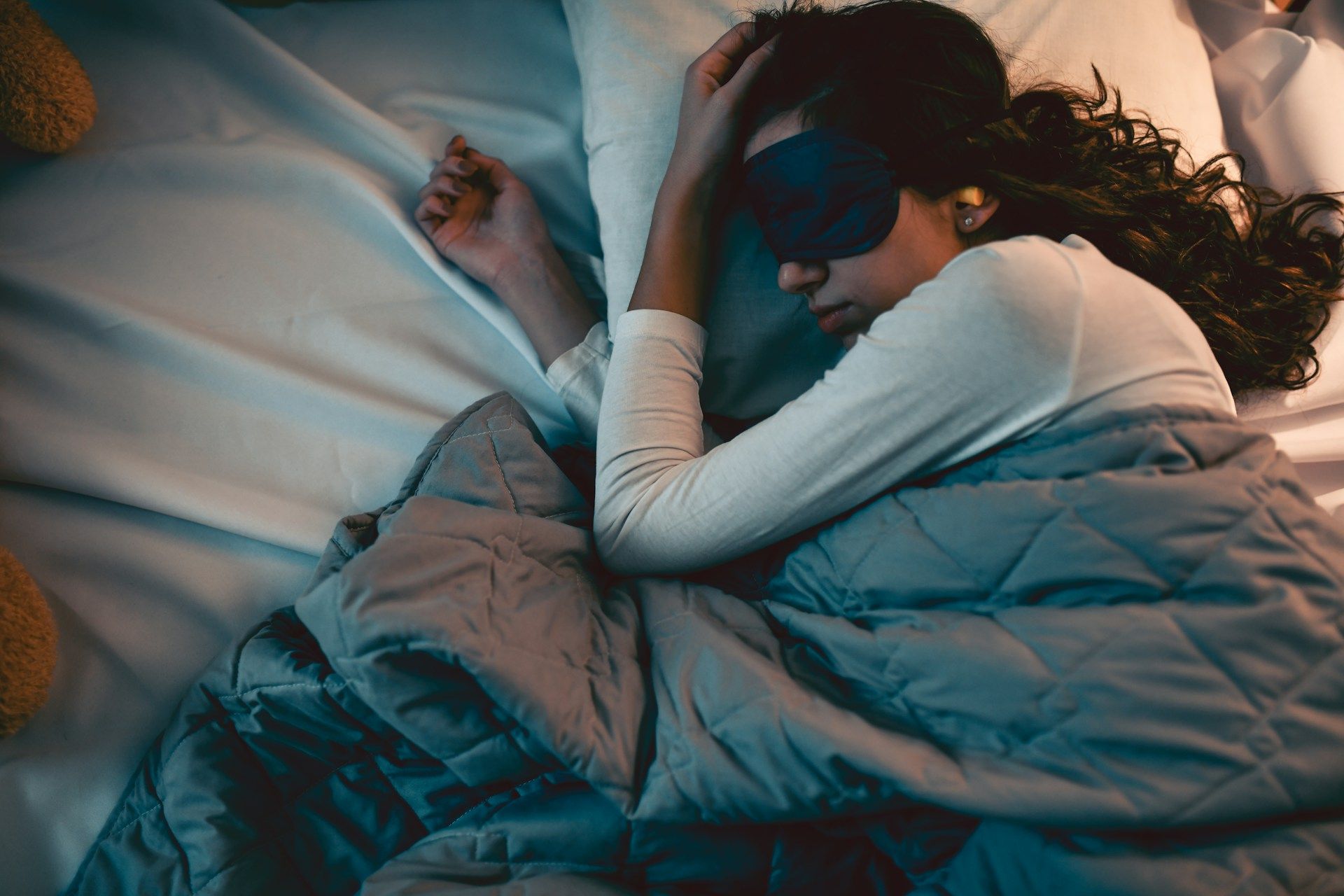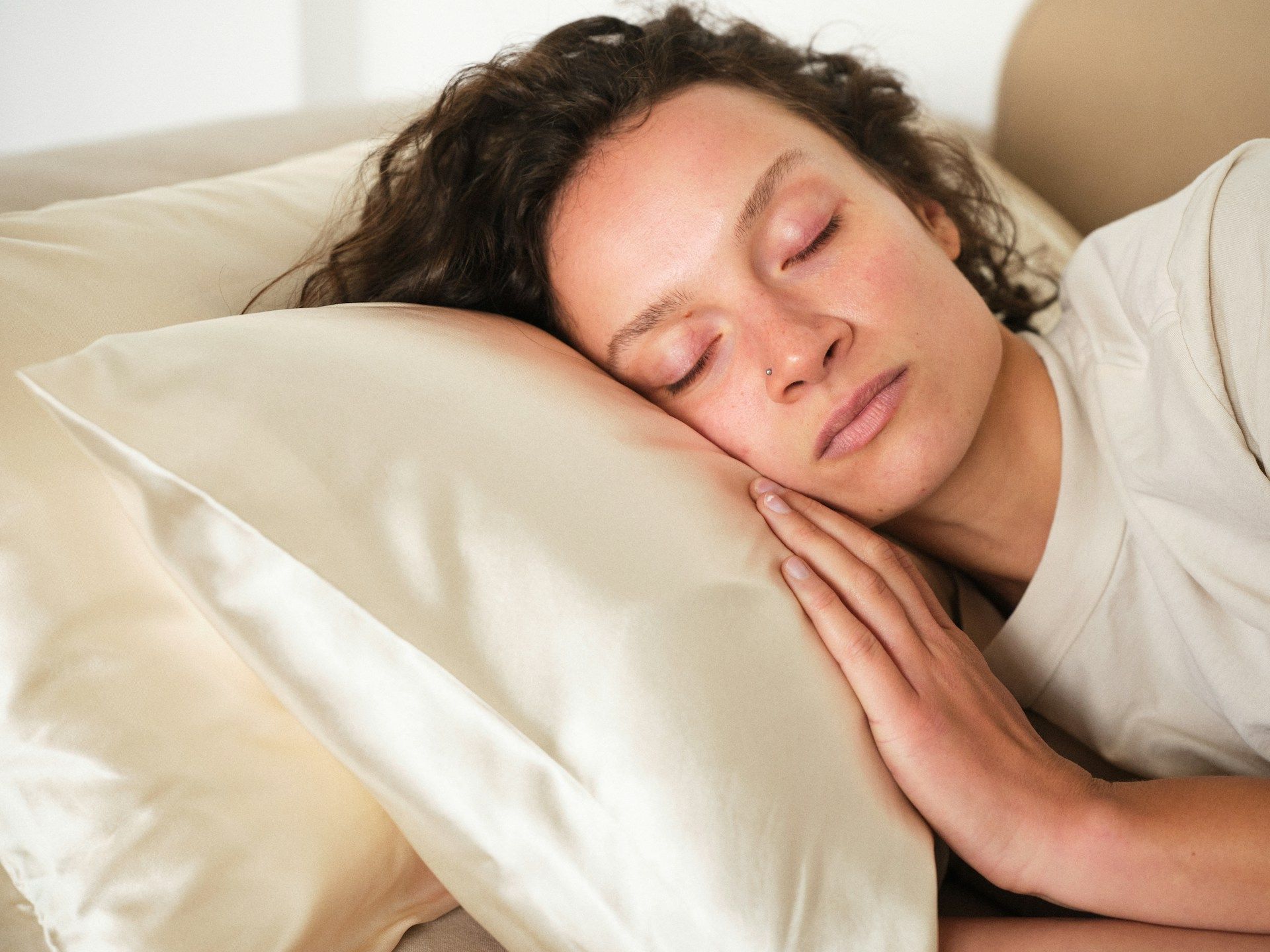Tackling Childhood Sleep Apnea: Identifying Symptoms and Understanding Treatments
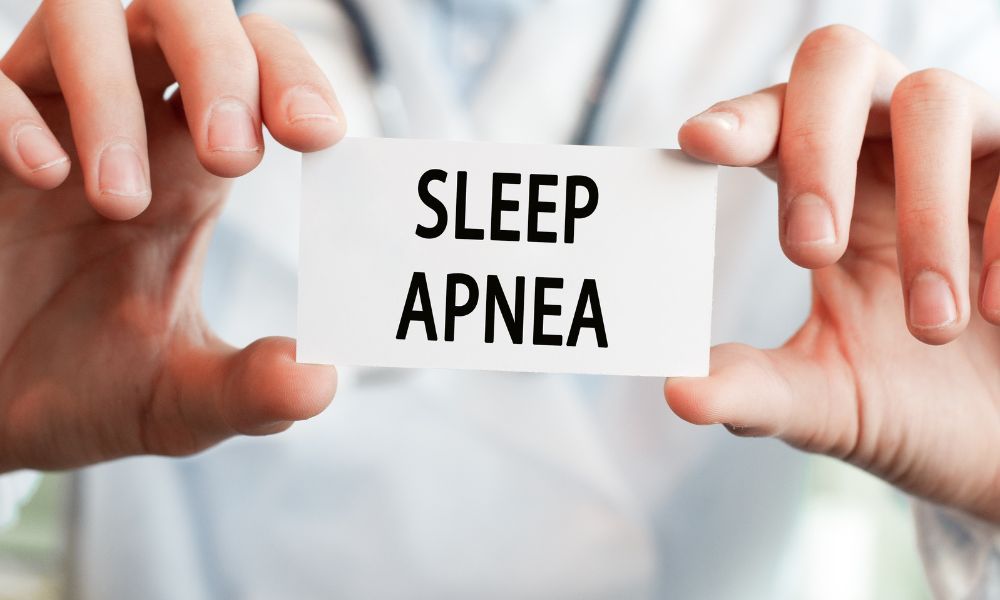
Sleep apnea is often considered an adult condition, but children can be affected as well. When left untreated, sleep apnea in children can lead to negative consequences on their growth, development, and overall wellbeing.
Sleep apnea in children can manifest as Obstructive Sleep Apnea (OSA) or Central Sleep Apnea (CSA), with OSA being the more common of the two. OSA occurs when the child's airway becomes partially or completely blocked during sleep, while CSA results from the brain's inability to signal the appropriate muscles to breathe. In either case, the child experiences pauses in breathing that can last from a few seconds to longer than a minute, often leading to fragmented sleep and reduced oxygen levels.
Poor sleep quality affects a growing child's physical, cognitive, and emotional development. Sleep-disordered breathing in children has been linked to behavioral problems, learning difficulties, and growth issues, among other health concerns. Timely diagnosis and treatment of pediatric sleep apnea are vital to minimizing potential long-term effects.
As we delve deeper into the world of pediatric sleep apnea, we will discuss the signs and symptoms parents should watch for, the diagnostic and treatment options available at The Center for Sleep Apnea and TMJ , and the importance of early intervention. Through this article, our goal is to raise awareness about sleep apnea in children and empower parents with the knowledge they need to support their child's health and wellbeing.
Recognizing Pediatric Sleep Apnea: Signs and Symptoms
Detecting sleep apnea in children can be challenging, as symptoms may present differently than in adults. Parents should closely monitor their child's sleep and daily behaviors to identify potential red flags. Some common signs of pediatric sleep apnea include:
- Snoring: While occasional snoring is not uncommon in children, persistent and loud snoring could be indicative of sleep apnea. Parents should pay attention to their child's breathing patterns and monitor for pauses, followed by sudden gasps or snorts.
- Frequent Nighttime Awakening: Sleep apnea can cause fragmented sleep, leading to multiple awakenings during the night, tossing and turning, or difficulty settling back to sleep after awakening.
- Restlessness and Bedwetting: A child with sleep apnea may be restless during sleep, exhibiting frequent changes in position. In some cases, sleep apnea has also been linked to an increase in bedwetting.
- Daytime Sleepiness: Consistently disrupted sleep can lead to excessive daytime sleepiness, causing the child to have difficulty staying awake during the day, napping frequently, or appearing fatigued.
- Behavioral Issues and Learning Difficulties: Poor sleep quality can contribute to irritability, mood swings, and trouble concentrating in children. These issues may manifest as behavioral problems, poor academic performance, or learning difficulties.
Diagnosing Pediatric Sleep Apnea
Early diagnosis is crucial in addressing pediatric sleep apnea and minimizing its impact on a child's development. The diagnostic process at The Center for Sleep Apnea and TMJ , includes:
- Comprehensive Medical History: Our specialists will gather information about your child's medical history, sleep habits, and any concerns you have observed.
- Physical Examination: Our team will perform a physical examination of your child, paying close attention to the airway, nasal passages, and tonsils, as well as assessing their overall growth and development.
- Sleep Study: In some cases, an overnight sleep study or polysomnogram may be recommended. This test monitors the child's sleep patterns, breathing, heart rate, and oxygen levels, providing essential data to confirm or rule out a sleep apnea diagnosis.
Treatment Options for Pediatric Sleep Apnea
Treating sleep apnea in children involves a multidisciplinary approach to address the underlying cause and alleviate symptoms. There are various treatment options available, including:
- Increased Monitoring: For mild cases, pediatricians may recommend closely monitoring the child's sleep patterns, growth, and development. Regular follow-up visits will help determine if intervention is necessary.
- Tonsil and Adenoid Removal: Enlarged tonsils or adenoids can obstruct the airway and contribute to sleep apnea. In these cases, surgery to remove these tissues may be recommended to improve airflow and alleviate symptoms.
- Continuous Positive Airway Pressure (CPAP) Therapy: While CPAP is a common treatment for adult sleep apnea, it can also be used in children who do not respond to other treatments. A CPAP machine delivers a consistent flow of air to maintain an open airway during sleep.
- Oral Appliances: Custom-fitted oral appliances can be used to reposition the jaw or tongue, helping to keep the airway open. These devices may be most suitable for older children or adolescents with mild to moderate sleep apnea.
- Lifestyle Changes: Ensuring a healthy lifestyle is essential in managing pediatric sleep apnea. Implementing a regular sleep schedule, maintaining a balanced diet, encouraging exercise, and avoiding allergens can all contribute to improving your child's sleep quality.
Preventing Long-Term Consequences of Pediatric Sleep Apnea
Early intervention is crucial to mitigate the potential long-term impacts of sleep apnea on a child's health and development. Through timely diagnosis and treatment, children can experience significant improvements in their sleep quality, daytime functioning, and overall well-being. Regular follow-up visits with healthcare providers can help monitor progress and ensure that the chosen treatment plan remains effective.
Understanding Sleep Apnea: Early Detection in Children
Pediatric sleep apnea is a complex issue that requires attention and prompt action to protect your child's health and development. Awareness and understanding of the signs and symptoms play a vital role in early diagnosis and intervention. At The Center for Sleep Apnea and TMJ, our team of sleep doctors in Meridian is committed to providing exceptional care for children suffering from sleep apnea and other sleep-related disorders. With a knowledgeable and empathetic team on your side, you can help your child overcome sleep apnea and enjoy a better, healthier sleep experience.
Disclaimer:
Our blog articles serve to educate readers about various treatment options for sleep apnea and TMJ disorders. It's important to understand that while we discuss multiple treatments in our posts, not all of these options may be accessible at our clinic. We encourage you to reach out and schedule a consultation with us. This way, we can carefully devise a personalized treatment plan that caters to your specific needs.

